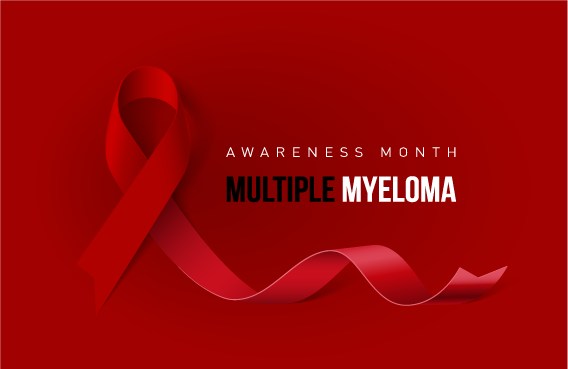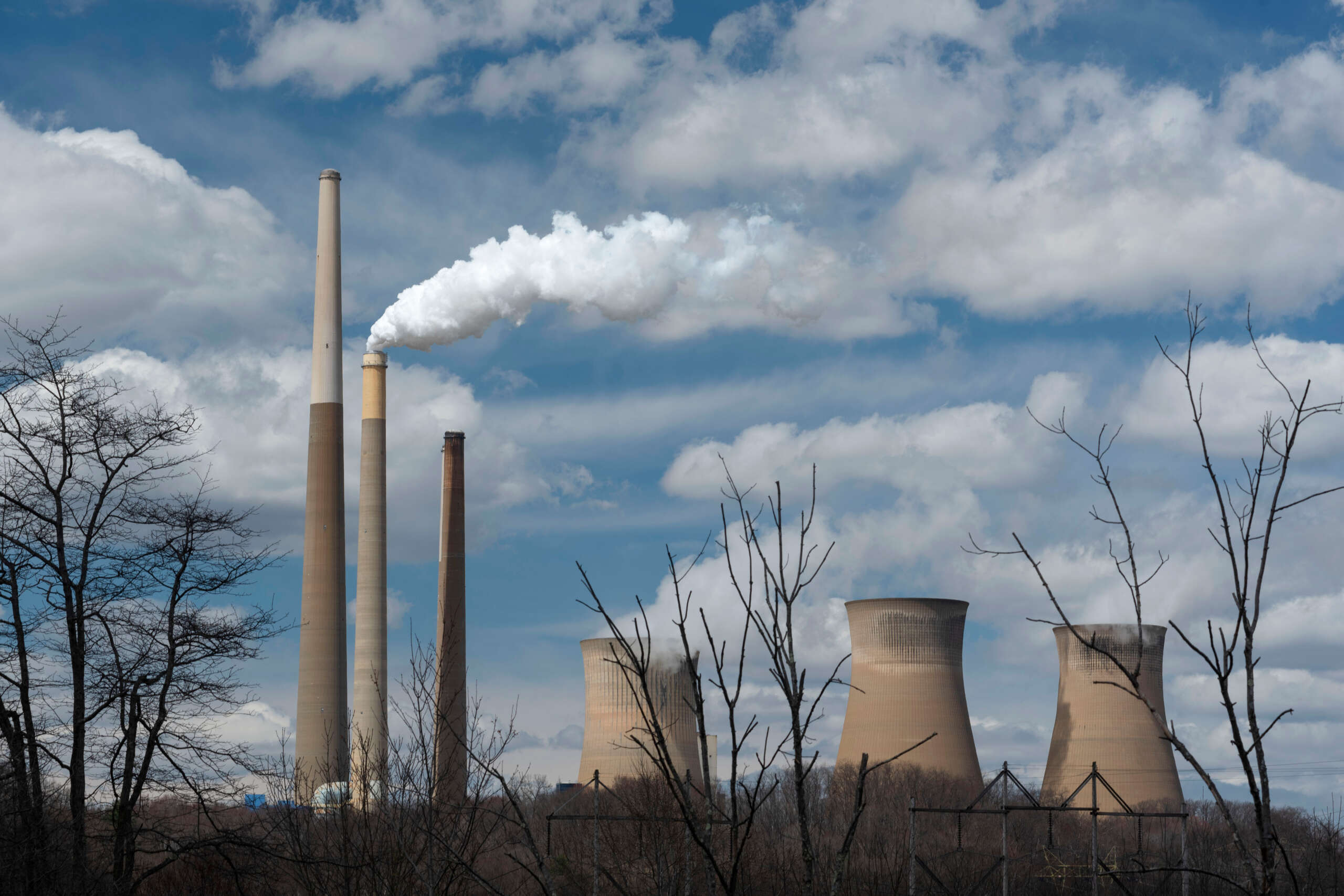Multiple Myeloma Awareness Month | Are You at Risk?
Myeloma is a cancer of plasma cells that begins in the bone marrow. Plasma cells are important immune system cells that release antibodies, which help fight infection. It is part of a group of illnesses called plasma cell dyscrasias or plasma cell neoplasms. It can come in the form of multiple myeloma or plasmacytoma. Multiple myeloma, which is the most common form, is found in multiple sites throughout the body when diagnosed. Plasmacytoma is an accumulation of malignant plasma cells that is usually found in the bones, skin, muscle or lungs. A single tumor in this form is called a solitary plasmacytoma. Most cases can be cured with radiation therapy, but it can recur as multiple myeloma later.
People with multiple myeloma can have different symptoms. One symptom is a low blood count because plasma cell overgrowth crowds out normal blood cell forming cells. People can then have anemia, which can make people feel weak and fatigued. People can also have low platelets (thrombocytopenia) that leads to increased bleeding and bruising or leukopenia which can lead to a problem with fighting infections.
Myeloma cells can also cause bone and infection problems. Myeloma cells release a substance that tells osteoclasts, the cells that break down bone, to speed up the dissolving process. This happens without osteoblasts (bone forming cells) making new bone, so bones become weak and easy to break. Since cancerous plasma cells cannot create useful antibodies, people with multiple myeloma cannot easily fight infection.
There are different causes of multiple myeloma including toxic chemicals, atomic radiation, exposure to substances that interfere with the immune system, and cancer-causing viruses. People with HIV and AIDS as well as hepatitis, certain herpes viruses, and Simian virus 40 can end up with the cancer. People with a family history can also be diagnosed with multiple myeloma. Around five to seven percent of people diagnosed with multiple myeloma have a close family member who was diagnosed with the cancer. Toxic chemicals like dioxins, agricultural chemicals, solvents, fuels, engine exhaust, cleaning products, and benzene are also causes of multiple myeloma. People can be exposed to benzene through steel mills, refineries, gas related industries, chemical plants, and other industries.
Were you exposed to benzene? Do you have multiple myeloma or acute myeloid leukemia? You could be entitled to compensation. Contact us today by calling 412-471-3980 or by filling out our contact form to see what our attorneys can do for you.




